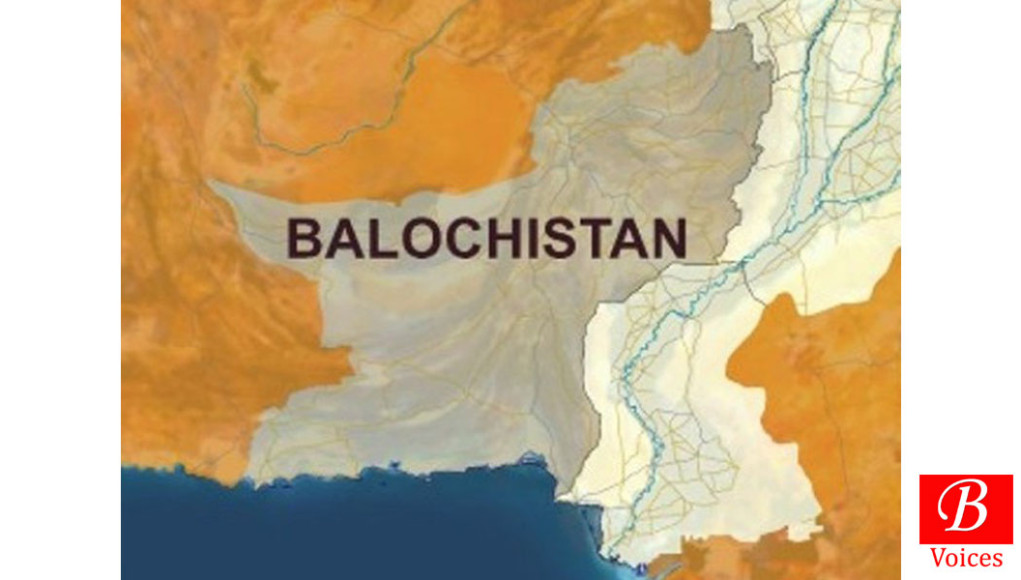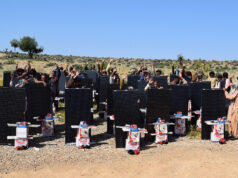Dervaish Ali
“Khocha tum Koitay se aya hai?” (Are you from Quetta?) During my seven or eight years as an under-graduate student and a graduate research fellow at some of the best universities in Punjab, Pakistan, I was asked that apparently innocuous question at least a thousand times by professors, fellow students and others. And that experience is not unique to me. Fellow students at these and other universities, irrespective of their identities– Balochis, Pashtuns, Hazaras and all the others from that forgotten province of Pakistan, Balochistan—share that same experience. Although it is a cliché to say “Balochistan is the poorest, most backward, least developed…and so on, province of Pakistan” it is very relevant and timely to ask the “why” question.
Such stereotypes that often carry negative connotations about the province and its people are, wittingly or otherwise, reinforced, or at least not provided proper explanation or context in the mass media. For example, switch on the TV and watch any one of the numerous news, current affairs and the talk shows, and you will understand what I mean. Balochistan and the concerns of its people are conspicuous because of their absence. The prime time talk shows, those bread and circus dumb shows with howling hosts (anchors) and guests that make one’s IQ drop in double digits the moment the TV is switched on, are some good examples. The province is, it seems, only worth reporting on, both in print and on screen, when the ratings are assured, meaning something sensational and controversial, or when there is something exotic with high entertainment value, like how the people of Chaman town keep warm in frigid winters by drinking a certain variety of the chainaki chai.
Why is resource-rich Balochistan so poor and under-developed? Why most of its people have been living for decades under conditions that can only be termed as abject? Those are big and complex questions. And, given the politically charged milieu in which Balochistan and the ever –multiplying intractable issues related to the province are discussed these days, those are also dangerous questions. In a blog post like this one, I can only say broad or general things to hint in the direction of answers to some of those questions. For starters, the reasons for the sorry state of the province and its people are both external and internal. That is, external to both the province and the country as a whole, and internal as related to the province, especially its political leadership.
Nothing happens in vacuum and everything, everything worldly, has a context and history. We live in time and space, after all. One must not be blind to issues of power and power-relations in the world of politics and the case of Balochistan is no exception. The problems of this neglected province are essentially political in nature involving power, meaning powerful agents and institutions. While there are critical external forces involved in the creation, and now the maintenance of the status quo, let me focus on the internal factors for now. One must remember and be always reminded what the sages of this region of the world have said: “Nobody can enter your house until and unless you want them to” and that “The world does to us what we do to ourselves”. The same can also be rephrased as, “What we do to ourselves or to our kind, we cannot but invite others to do the same to us, and to our kind!” What that means is that as long as the leadership of the province is weak, incompetent, myopic and disunited, it will be like an open invitation for outsiders to exploit the province and its resources. There is enough history of the province to back up that claim.
Leadership is an important quality and good leadership is something rare to come by. For instance, in the absence of an over-arching vision, or the lack of a collective idea, a sense of the common good for the people of the province—all its peoples—the fractures and fissures that naturally exist in a diverse community of people like that in Balochistan, become tools for exploitation and plunder. Moreover, the Freudian “narcissism of minor differences” with which the intellectually bankrupt and morally corrupt elite of a society is often found to be afflicted, is a sure sign of destruction and decay. “Corruptio, optimi pessima!” as the old Latin saying declares, meaning “The corruption of the best is the worst!”
The leadership of the province, especially its political leadership, therefore, needs to get its house in order. That is imperative. Enough time and resources have already been wasted and the people of the province need not suffer more. Balochistan must stop being “the poorest, most backward and under-developed region” of the country. It must stop being the victim of apathy and refuse to be fair game for exploitation, deception and fraud, as was once again revealed in a recent CPEC road projects scandal of the previous federal government of PML-N. It must stop being another country to which some of our fellow Pakistani citizens actually think need visa to travel! It must take its place of pride, as the largest, most interesting, beautiful and most prosperous province of the country, without jeopardizing the equal rights of the people of the other regions and provinces of the country.
Disclaimer: Views expressed in this article are those of the author and Balochistan Voices not necessarily agrees with them.
Share your comments!









